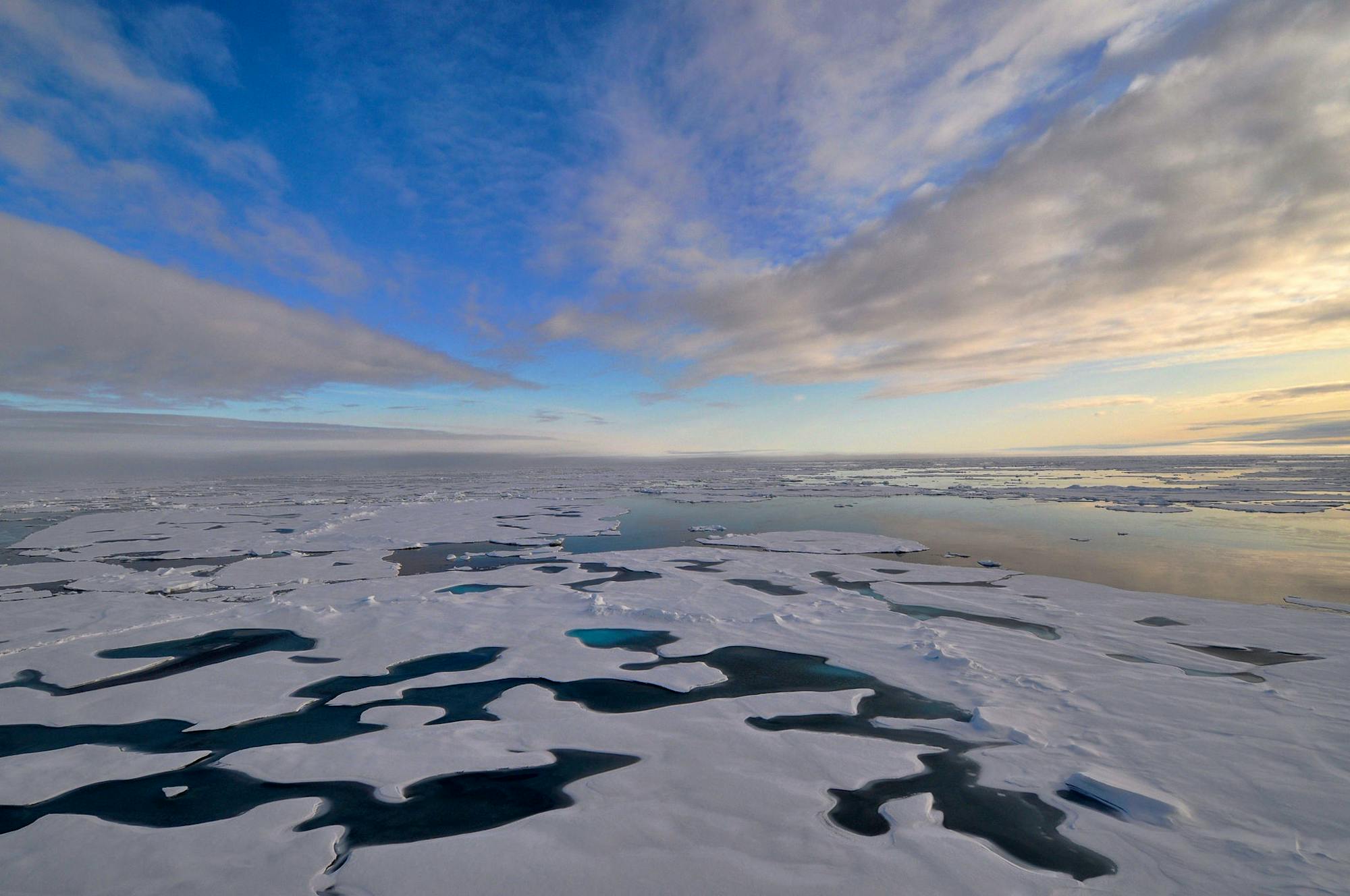The Intergovernmental Panel on Climate Change recently released a 2,200 page report. Here’s what you need to know about it.
What Is This Report?
The Intergovernmental Panel on Climate Change (IPCC) is an international body of scientists established by the United Nations in 1988, with an official charge to assess the “risk of human-induced climate change, its potential impacts and options for adaptation and mitigation.” The group has put out four reports, the most recent of which was released in 2007 and was recognized with a Nobel Peace Prize. The fifth report will be completed next October, but the first of three “working groups” contributing to the final has completed its job of synthesizing the available information on the “Physical Science Basis.”
It was a monumental task: more than 200 authors and 600 additional experts waded through more than 9,200 publications in order to get a picture of changes in the climate system, the drivers of climate change, understanding recent (observed) changes, and future (projected) global and regional changes. The report itself is 2,200 pages, but most readers will be able to get the information they need from the 36-page Summary for Policymakers, or the 129-page Technical Summary. For a really quick look, there is also a two-page Headline Statement.
What Did They Find?
Those 2200 pages boil down to a stark and simple message: “warming of the climate system is unequivocal” and “human influence on the climate system is clear.” That means that taking into account all of the different things that can impact Earth’s climate (solar cycles, volcanic eruptions, etc.), the climate has warmed more than can be explained except by our greenhouse gas emissions.
Here is where we stand today:
- Surface temperatures have risen (1.5°F) 0.85°C over the period from 1880 to 2012
- It is “likely” (meaning there is at least a 2 out of 3 chance) that 1983 to 2012 was the warmest 30-year period in the past 1400 years
- It is “very likely” (at least a 90% chance) that most land areas are experiencing more hot days and fewer cold days than in the 1950s
- Sea level has risen 7.5 inches since 1901
- The area of the Arctic covered by sea ice decreased at rate of 3.5 to 4.1 percent per decade since 1979, and ice sheets in Greenland, Antarctica, and most glaciers are shrinking.

Hurricane Sandy, as seen from space (© NASA)
Looking to the future, if we continue to release greenhouse gases at the rate we have been, we will be on the path to:
- A global average temperature increase of nearly 7°F (3.7°C) by 2080 to 2100, with seasonal and geographic differences much greater.
- 2.5 feet of sea level rise by 2100
- A two-in-three chance of nearly ice-free Arctic Ocean in September before mid-century
- More warm spells, heat waves and heavy precipitation events are “likely” in the near term and “very likely” or “virtually certain” by the end of the century
- An increasing likelihood of more intense weather events like droughts and hurricanes, especially later in the century.
Since this first “working group” was only charged with looking at the climate science, they did not delve into what the impacts of these changes will be for people, wildlife and ecosystems. That will be the job of the next group, who will be issuing their report in spring. However, the implications of the findings to date, particularly for species that depend on ice, cool climates, or fragile coastal habitats, are as clear as they are grim. Our responsibility to both slow the rate of climate change and protect the natural world from the worst of its effects is indisputable.
Aimee Delach is Defenders’ Senior Policy Analyst for Climate Adaptation




